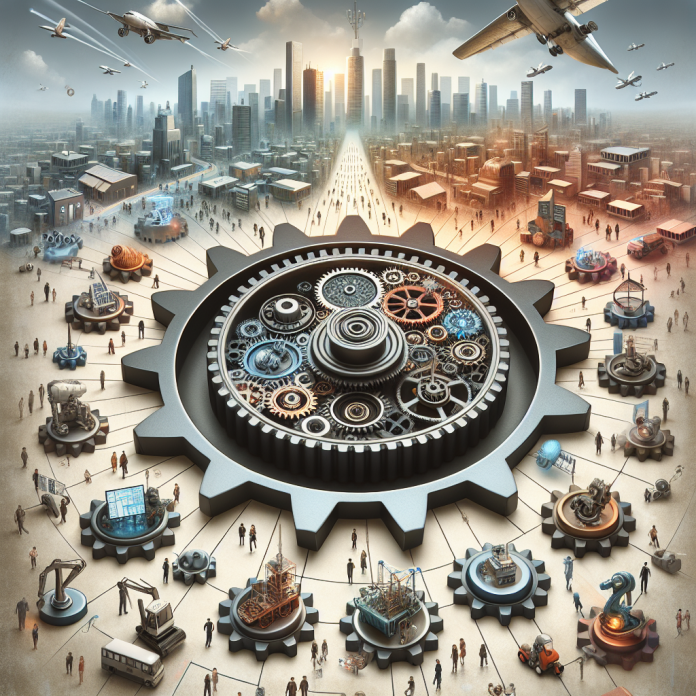Robotics has become an integral part of our society, revolutionizing industries and changing the way we live and work. While the advancements in robotics have brought about numerous benefits, they have also raised concerns about the ethical, economic, and social implications of a robot-driven future.
1. Job Displacement
One of the biggest challenges posed by robotics is the potential displacement of human workers by automation. As robots become more sophisticated and capable of performing a wide range of tasks, there is a real risk that many jobs will be replaced by machines, leading to widespread unemployment and economic insecurity.
2. Ethical Dilemmas
The rise of robotics also raises ethical dilemmas surrounding the use of autonomous machines in various fields, such as healthcare, defense, and transportation. Questions about the accountability and decision-making capabilities of robots, as well as concerns about their potential to cause harm or infringe on human rights, must be addressed.
3. Privacy and Security Concerns
With the increasing use of robotics in surveillance, data collection, and other sensitive areas, there are growing concerns about privacy and security. The vast amounts of data collected by robots raise the risk of data breaches and privacy violations, requiring new regulations and safeguards to protect individuals’ rights.
4. Access and Inequality
As robotics technology advances, there is a risk that it may exacerbate existing social inequalities by widening the gap between those who have access to and benefit from automation and those who do not. Ensuring equitable access to robotics technology and the opportunities it presents is crucial to building a more inclusive society.
5. Environmental Impact
The widespread adoption of robotics in various industries can have both positive and negative environmental impacts. While robots can help reduce waste, increase efficiency, and lower carbon emissions in certain sectors, they also require resources to manufacture and operate, contributing to environmental degradation if not properly managed.
Conclusion
As we navigate the challenges of a robot-driven future, it is essential to consider the broader societal implications of robotics and work towards creating a more sustainable and equitable future. By addressing the ethical, economic, and social challenges posed by robotics, we can harness the benefits of automation while mitigating its potential risks and ensuring that technology serves the greater good.

